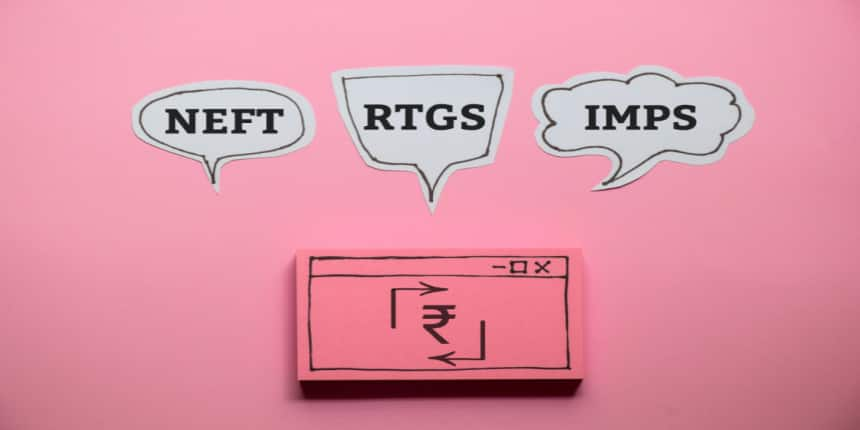RTGS Full Form
What is the full form of RTGS?
The full form of RTGS is Real Time Gross Settlement. RTGS is a payment system used to transfer large sums of money in real time. This system is widely used by banks and financial institutions to facilitate electronic fund transfers between accounts held by different banks. RTGS is an important component of the modern financial system and has revolutionized the way large transactions are made.

When a customer initiates an RTGS transaction, the money is transferred in real time and is credited to the beneficiary’s account instantly. The RTGS system is highly secure and reliable, which ensures that transactions are processed quickly and efficiently without any risk of fraud or errors. This makes RTGS one of the most preferred modes of payment for high-value transactions.
The RTGS system is operated by the central bank of a country and is available to all banks and financial institutions that are members of the system. In India, the RTGS system is operated by the Reserve Bank of India (RBI) and is available to all banks that are members of the system.
Real-time settlement: One of the primary benefits of RTGS is that it provides real-time settlement, meaning that transactions are completed instantly, and the funds are transferred from one account to another in a matter of seconds. This is particularly useful for time-sensitive transactions, such as high-value payments, where delays can have serious financial consequences.
Benefits of RTGS
High level of security: RTGS transactions are highly secure, as they are processed through a secure network that ensures the authenticity of the transactions and protects against fraud and other security threats.
High transaction limits: RTGS allows for high-value transactions to be processed, making it ideal for large businesses and organizations that need to transfer large amounts of money quickly and securely.
Reduced transaction costs: As RTGS eliminates the need for physical movement of money, it reduces the costs associated with traditional modes of fund transfer, such as cheques and drafts. This can result in significant cost savings for businesses and individuals.
Increased efficiency: RTGS simplifies the process of fund transfer, making it more efficient and streamlined. This can help to reduce errors and improve the accuracy of financial transactions.
Improved cash management: With RTGS, businesses can better manage their cash flows, as they can initiate and receive payments instantly, allowing for better cash management and forecasting.
Access to international markets: RTGS provides businesses with access to international markets, allowing them to transact with partners and customers located in other countries in a secure and efficient manner.
Frequently Asked Questions (FAQs)
RTGS and NEFT are two different payment systems used for electronic fund transfers. RTGS is used for high-value transactions while NEFT is used for smaller transactions. The main difference between RTGS and NEFT is the settlement process. RTGS transactions are settled in real time while NEFT transactions are settled in batches.
The minimum amount for an RTGS transaction is usually set by the bank and may vary from bank to bank. The maximum amount for an RTGS transaction is usually set by the central bank and may also vary from country to country. In India, the minimum amount for an RTGS transaction is Rs. 2 lakh and there is no upper limit.
RTGS offers several benefits over other payment systems. Some of the key benefits of using RTGS include real-time settlement, high levels of security and reliability, and the ability to transfer large sums of money instantly.
RTGS transactions are processed in real time, which means that the money is transferred instantly and credited to the beneficiary’s account instantly. However, the time taken for the beneficiary’s bank to credit the amount to the beneficiary’s account may vary depending on the bank’s internal processes.
RTGS is not available 24x7 and is only available during working hours on working days. In India, RTGS is available from 7:00 AM to 6:00 PM on weekdays and from 7:00 AM to 1:00 PM on Saturdays. However, the RBI has recently announced that it will make RTGS available 24x7 from December 2020.

